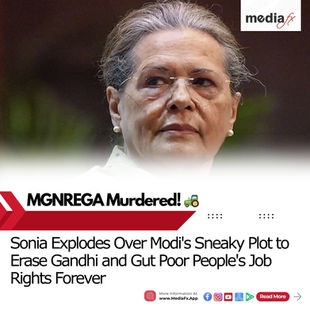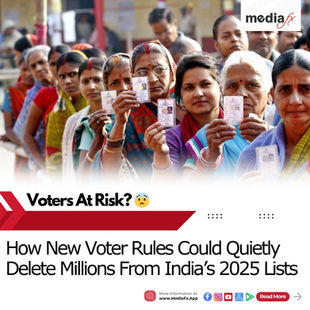Delhi's New Rich MLAs: What It Means for the Common Man
- MediaFx

- Feb 11, 2025
- 2 min read
TL;DR: Delhi's latest assembly is packed with MLAs who are super-rich, with 44% having assets over ₹10 crore. This rise of wealthy politicians could mean policies favoring the rich, leaving the common folk in the lurch. It's high time we question if our leaders truly represent the aam aadmi.

The recent Delhi elections have brought in a wave of MLAs with deep pockets. A whopping 44% of them boast assets exceeding ₹10 crore, and there are now three billionaires in the house. This trend begs the question: are our leaders drifting away from the common man's concerns?
When those in power come from affluent backgrounds, there's a risk they'll craft policies that cater to their own interests. For instance, they might push for tax breaks that benefit big businesses or support projects that boost their own ventures, sidelining the needs of the working class.
This isn't just a Delhi issue. Across India, politics is becoming a playground for the rich. Parties often prefer wealthy candidates because they can fund their own campaigns and have the clout to sway decisions. But this means that the voices of the less privileged get drowned out.
For a true democracy, it's essential that our leaders mirror the society they serve. If assemblies are filled with millionaires and billionaires, can they genuinely grasp the struggles of daily wage workers or farmers? Policies might then lean towards the elite, leaving the majority grappling with issues like unemployment, lack of healthcare, and poor education.
Moreover, the intertwining of wealth and politics can breed corruption. There's a danger that rich politicians might use their position to amass more wealth, leading to scams and scandals. This not only erodes public trust but also diverts resources away from essential public services.
It's crucial for the working class to unite and demand representation that truly reflects their needs. Grassroots movements and community leaders should be encouraged to step into the political arena. By doing so, policies will be more inclusive, ensuring that development reaches every corner of society.
In conclusion, while having successful individuals in politics isn't inherently bad, an overrepresentation of the wealthy can skew policies and priorities. For a balanced and fair governance, we need leaders from diverse economic backgrounds who can champion the cause of the common man.













































